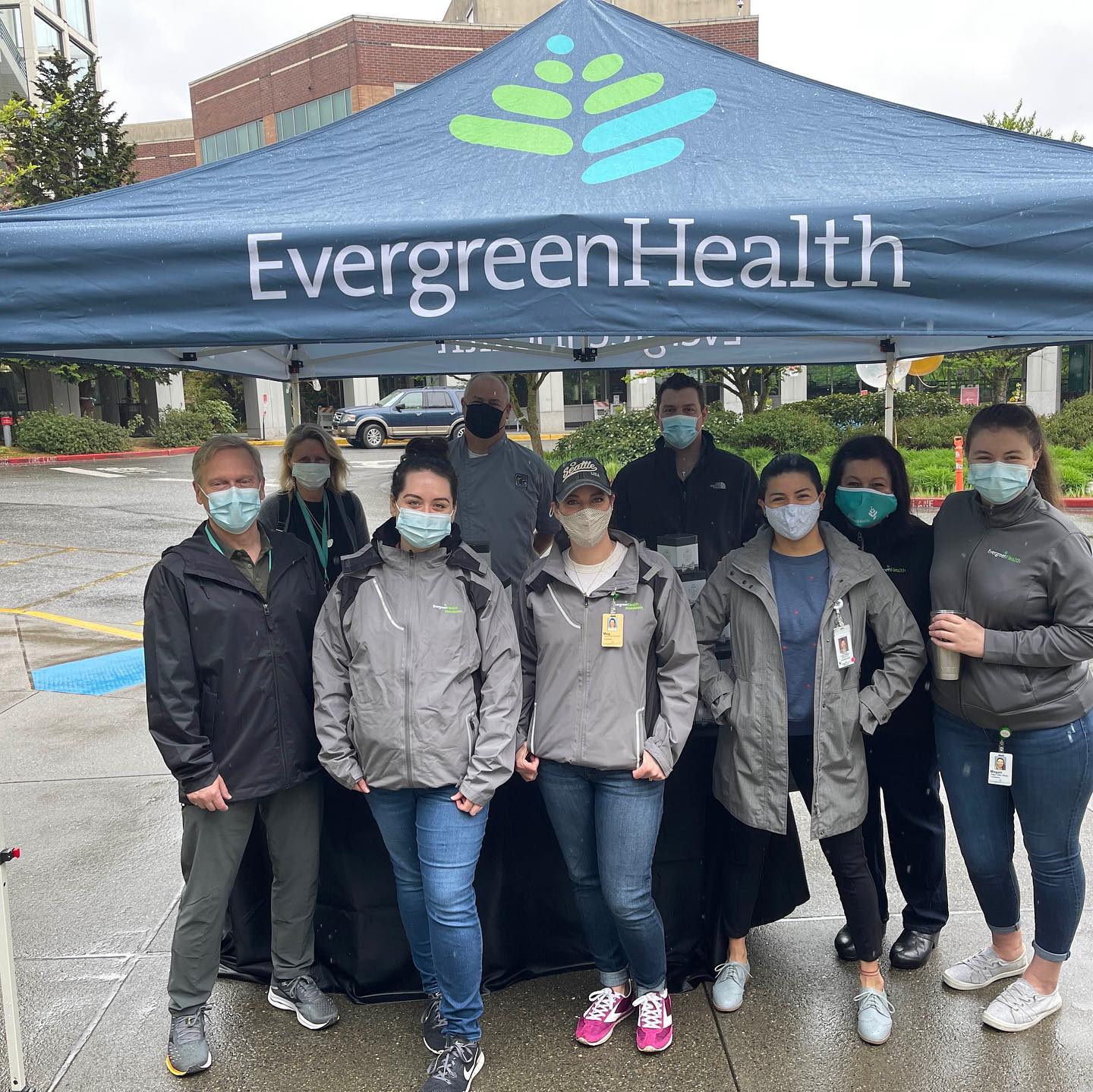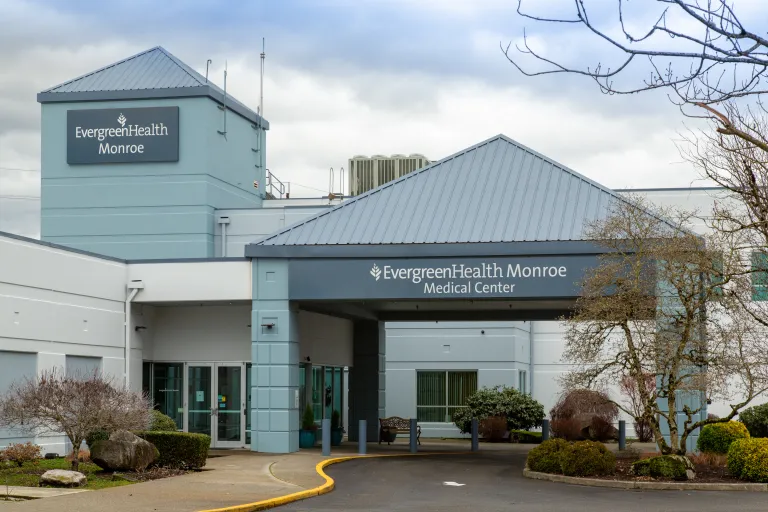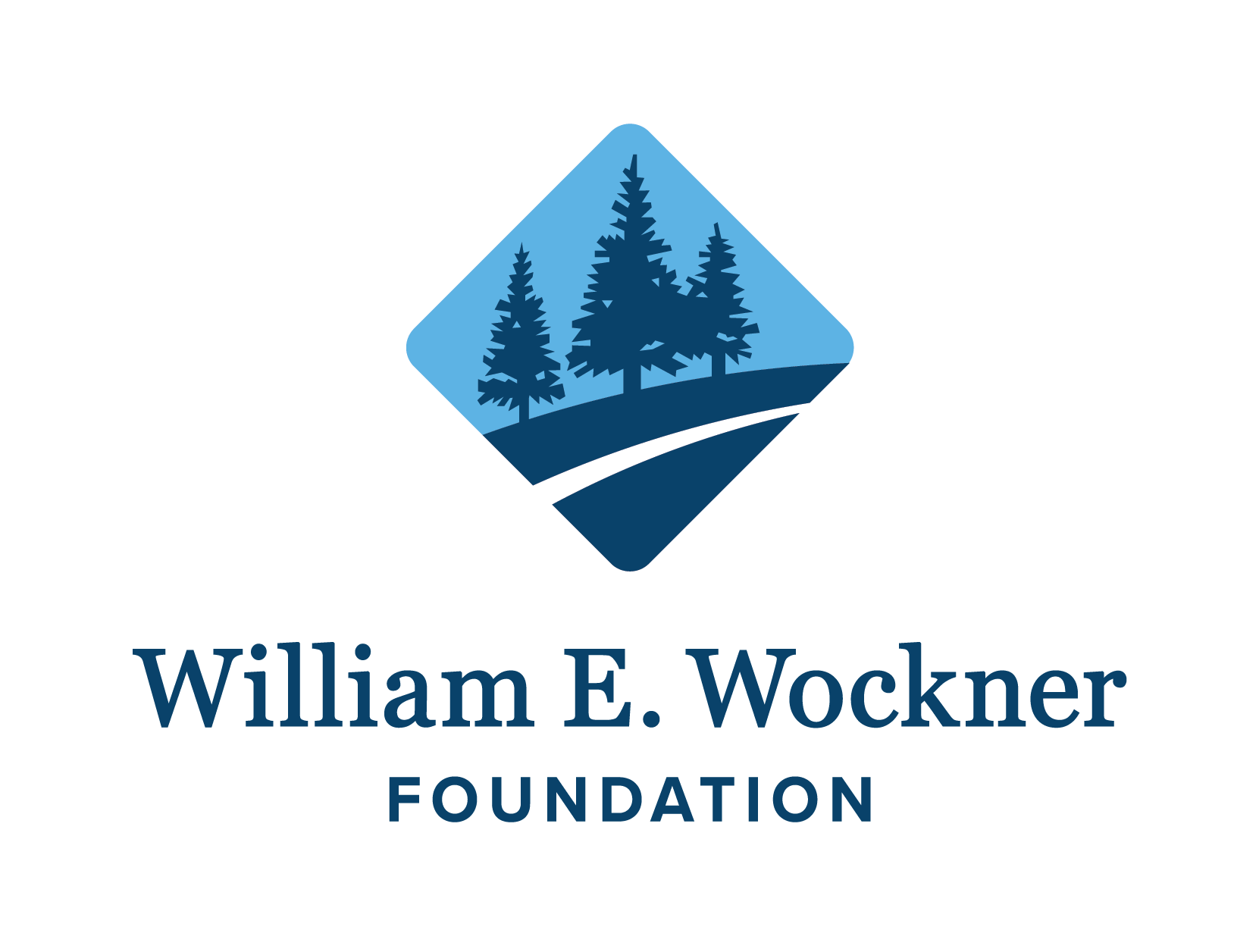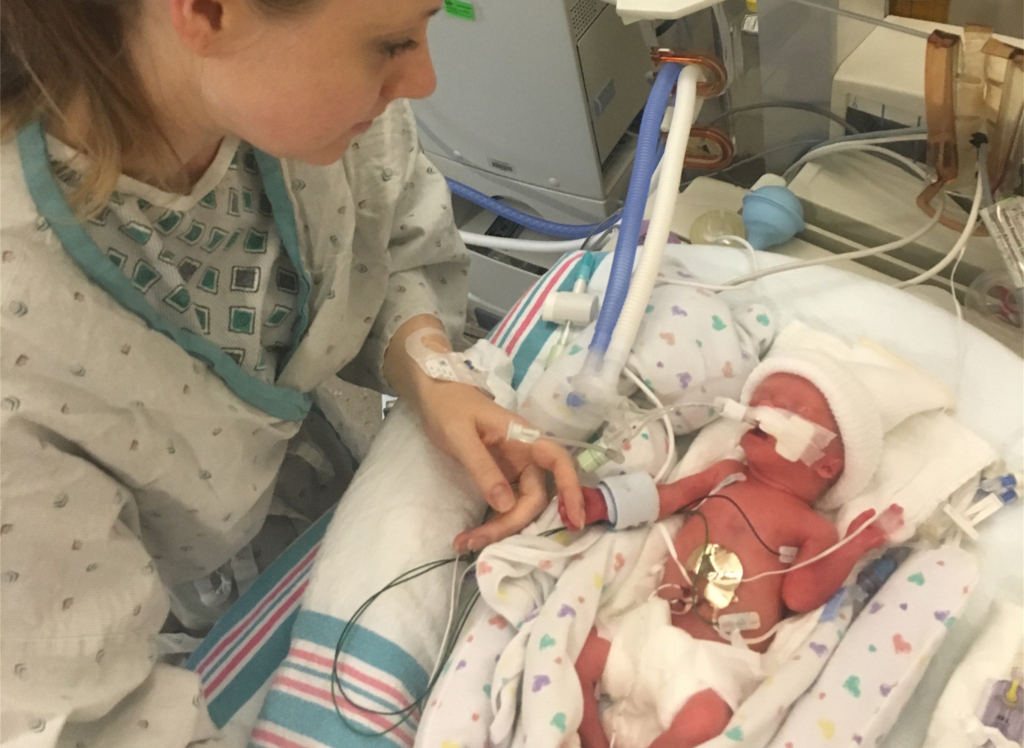Serving the Needs of Our Area
Helping Frontline Healthcare Workers
Funds provided by the W.E. Wockner Foundation went directly to assist the frontline staff at EvergreenHealth who were hard-hit financially by the COVID-19 pandemic. EvergreenHealth Foundation with the generous support of the William E. Wockner Foundation supported 35 individuals with rental assistance, bill assistance, child-care assistance totaling more than $54,000.00. This fund aligns with the mission and values of EvergreenHealth as we pride ourselves on taking care of our staff and the community we serve.
0
Frontline Workers Cared For
$ 0 K
Total Given
Specific objectives were to provide small grants to employees of EvergreenHealth who were impacted financially by the COVID-19 pandemic. These objectives were met with a application criteria designed by our Human Resources Department to create a fair and equitable distribution of funds to individuals who were financially impacted by COVID-19 across the organization. These objectives were met with the generous support of community individuals and philanthropic partners such as William E. Wockner Foundation.


The Monroe Foundation
Each year, over 700 individuals come to the Recovery Center for psychosocial treatment with medication management to support their transition from actively using drugs and alcohol into a lifestyle of personal recovery. The goals surround most effectively leading individuals to a life free from drugs and alcohol using proven methods and an engaging program to build the skills necessary to live a successful and productive life.
With funding from the William E. Wockner Foundation we were able to invest in two important program enhancements to the Recovery Center that align within the guidelines set in the application.
The first part of the program enhancement is the implementation of a new exercise/movement therapy curriculum. The residential treatment program typically lasts 26 days where patients mainly reside inside the facility during their stay. While there is some exercise equipment, it is very limited and not set up for a group activity. Group interactions and peer mentorship are highly encouraged and beneficial for individual growth and developing healthy personal relationships. With this in mind, the Recovery Center will use a portion of the funding to partner with Paola Faggella, MA, LMHC, BC-DMT who will facilitate a new group exercise and movement curriculum. Paola is an experienced mental health counselor who specializes in therapeutic movement/exercise in behavioral health settings. We have run two pilot sessions with Paola to assess the effectiveness of the new curriculum & our patients’ response. Both sessions were a success & received overwhelmingly favorable feedback from the patients who participated. We plan to have Paola facilitate three morning sessions per week for the next year (a combination of in-person & virtual sessions), and we are working on a plan to record key portions of the curriculum so that we may continue to utilize the program after the year of in-person facilitation with Paola has concluded.
The second program enhancement involves the creation of an ‘enhanced journal’ that will be given to all new patients in the residential program. These journals will include a series of journaling prompts, a monthly calendar/daily planner, personal/home finance guides, and other important materials. Some individuals have never been taught or needed to learn these basic life skills and is a crucial component to a successful transition back to society. New patients at the Recovery Center will receive one of these new journals when they enter the residential program. They will respond to the recovery-based journaling prompts daily. As they progress through the program and begin to develop their aftercare plan, they will utilize the monthly planner to schedule their various recovery activities, drug screenings, important dates, for the first 3 months after completing treatment. Patients will receive instruction on organizing their personal finances & creating a basic budget for themselves & their household. The new journals will also include information on the Recovery Center’s alumni association, upcoming alumni events, and ways to stay involved to help their recovery after their successful discharge.


